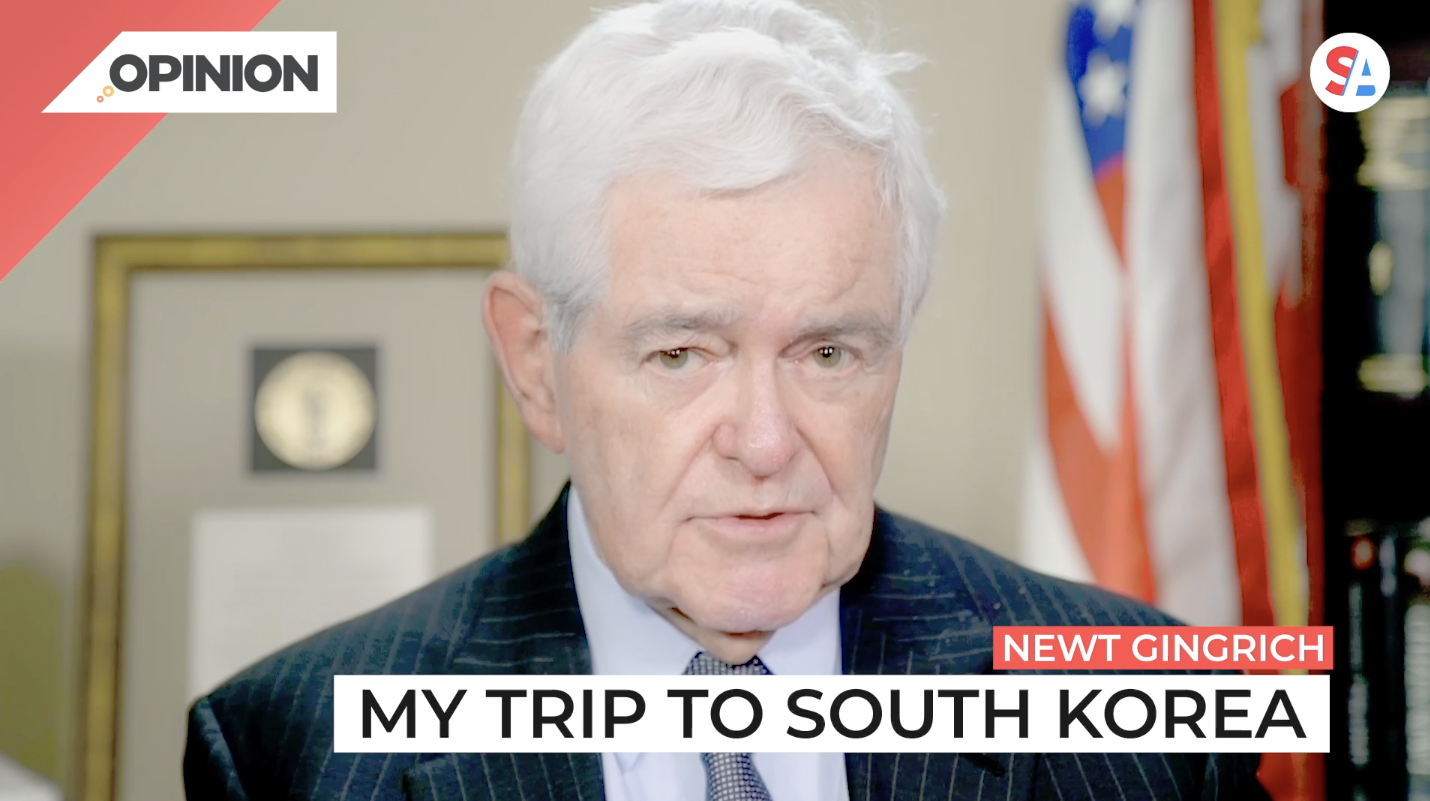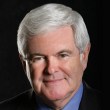
Commentary
-
Our commentary partners will help you reach your own conclusions on complex topics.
I just got back from an eight day trip to Seoul, the capital of South Korea. And it’s very clear when you are with South Koreans and you’re looking just a few miles north to the 38th parallel that America’s commitment to protect South Korea, to work with the South Koreans who themselves have a very strong military to make sure that North Korea knows that they can’t successfully attack the south, is really desperately important.
Seoul is an enormous city. It’s a very modern city. It’s a very prosperous city. They’ve really worked very hard to build up their economy.
And in fact, if you look at a map of the world at night, you can see literally where the 38th parallel is because north of it, there are almost no lights. south of it, the whole country’s lit up.
Now, what makes it doubly interesting is, not only do they have more lights in the south, they have more trees because where the north is so desperately poor, where people keep cutting down trees for firewood, in the south, they now have had a huge reforestation project and have done an amazing job of bringing back the country and, and turning even within a mile of Seoul.
There are forests, there are walking paths, there are lakes, you see people out enjoying life.
And what I was struck with was: they’re very aware of China. China’s far and away, their biggest customer. They’re very aware of Japan, which after all occupied Korea from 1905 to 1945, in what was a very nasty occupation involving a good bit of brutality.
But they see themselves ultimately, sort of balancing China, Japan, and the United States to maintain their freedom and their safety.
And they would be extraordinarily worried if we were to leave because they would be afraid that it would send the signal to North Korea, which is a dictatorship, which has been working very diligently to get nuclear weapons and missiles, and which would be an immediate threat I think to South Korea, if they thought they could get away with it because the north is failing in everything except military power. It’s not a place you’d want to live. It doesn’t have any freedom. It’s not prosperous at all. It’s very, very poor.
Unlike the very lively South Korean system, which has newspapers and television and political parties competing and all the things you expect in a modern society, the North is really a medieval kingship, disguised as a communist dictatorship, but it’s a huge difference.
It was very rewarding for Callista and me to have a chance to go to Korea and to sort of reassess things.
My family had ties going back to 1953 when my father fought in the Korean War in the U.S. army. So we’ve had a long period of paying attention to and being close to Korea. And I just wanted to report to you on that trip.
-
How AI is changing the world
Artificial intelligence (AI) is significantly reshaping numerous sectors, including banking, education, finance and technology. Its impact extends across various industries, including the military sector, where companies are leveraging AI to enhance productivity and streamline operations. Straight Arrow News contributor Newt Gingrich is excited about the future application for artificial intelligence and provides examples of how…
-
Biden’s foreign policy riddled with errors and misfortune
President Biden entered office with a promise to repair the damage inflicted by former President Trump on the international stage. He vowed to prioritize values like democracy and human rights while also aiming to end the “forever wars” in Afghanistan and the Middle East. Yet, some critics argue that U.S. foreign policy has been marked…
-
Illegal immigrants want to invade and occupy your home
Illegal immigrant Leonal Moreno recently posted an instructional video on TikTok guiding fellow immigrants on how to leverage U.S. squatting laws to safely occupy abandoned homes. Moreno said that his goal is to avoid having to become a “public burden” to U.S. taxpayers by finding his own shelter in abandoned places. Some viewers, however, perceive…
-
Americans should not have to pay to rebuild Key Bridge
The collapse of the Key Bridge in Baltimore represents a major setback for the Port of Baltimore and the entire East Coast highway network. Although the debris removal may be completed within a few weeks, the reconstruction process will be both time-consuming and expensive. Some estimates suggest the cost could exceed $1 billion. So who…
-
White rhino IVF pregnancy breakthrough could save species
In February 2024, a controversial ruling by the Alabama Supreme Court prompted some health care providers in the state to halt their in vitro fertilization (IVF) programs, sparking division among Republicans. The Republican-led Alabama Legislature quickly worked to address the issue and protect IVF, resulting in the Republican governor signing a bill into law protecting…
Latest Opinions
-
 Getty Images
Getty Images
Kim Kardashian attends White House meeting on criminal justice reform
-
 Getty Images
Getty Images
José Andrés honors World Central Kitchen aid workers killed in Gaza
-
 Reuters
Reuters
Testimony continues in Trump's NY trial as SCOTUS debates immunity
-
 DVIDS
DVIDS
Aid package to Ukraine ‘not aimed at achieving victory’
-
 AP Images
AP Images
Poll: Majority of Americans back mass deportation of undocumented immigrants
Popular Opinions
-
In addition to the facts, we believe it’s vital to hear perspectives from all sides of the political spectrum.


